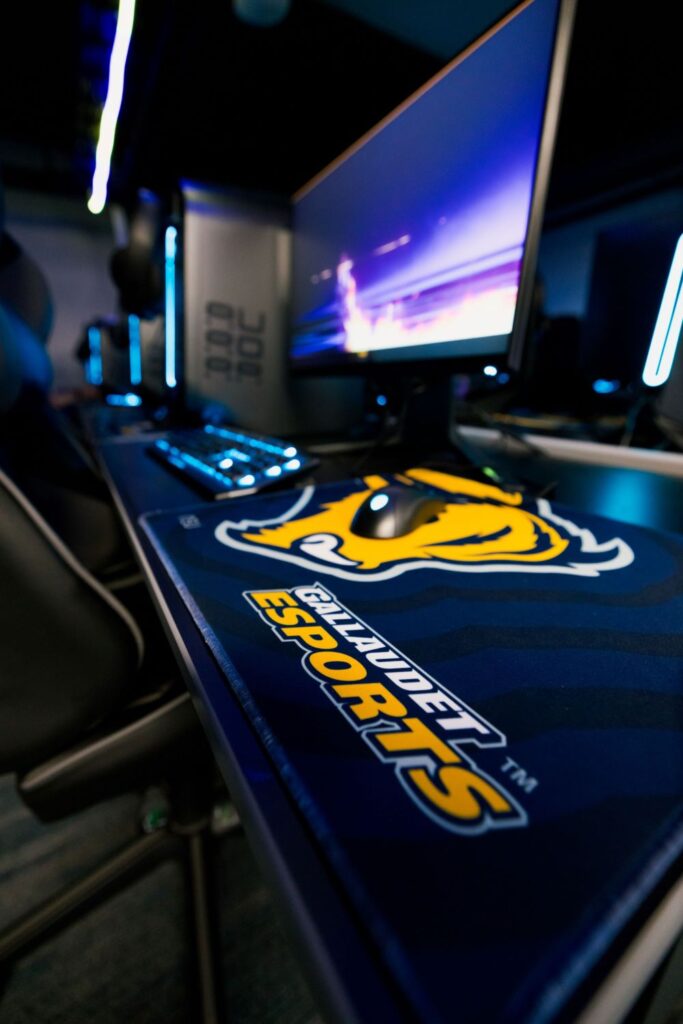
In recent years, collegiate esports has emerged as a thriving ecosystem, offering students a unique platform to showcase their gaming skills while pursuing higher education.
At the heart of this movement are organizations like the National Esports Collegiate Conference (NECC), the National Association of Collegiate Esports (NACE), and various state/regional conferences, each playing a pivotal role in shaping the future of competitive gaming on campus.
In this blog, we’ll dive into the world of collegiate esports by exploring the opportunities and challenges it presents.
The National Esports Collegiate Conference (NECC)
After beginning to sponsor Esports in 2020, NECC has stood as a shining example of esports excellence, providing member institutions with a structured framework for competitive gaming.
With a focus on collaboration, sportsmanship, and academic success, the NECC offers a variety of esports titles and tournaments, allowing students to represent their schools with pride while honing their gaming skills.
The National Association of Collegiate Esports (NACE)
Known as the largest governing body for collegiate esports in North America, NACE has played a pivotal role in legitimizing and standardizing competitive gaming at the collegiate level.
Since entering the scene in 2016, NACE has provided member institutions with resources, support, and networking opportunities that has helped elevate collegiate esports to new heights, paving the way for recognition and scholarship opportunities for student-athletes across the country.
State Conferences
In addition to national organizations, many states have established their own esports conferences and associations to cater to the unique needs and interests of local colleges and universities.
Governing bodies such as the Kansas Collegiate Athletic Conference, Missouri Valley Conference, etc., serve as incubators for talent development, fostering a sense of community and camaraderie among students and institutions while promoting esports as a legitimate extracurricular activity.
Sense of Achievement and Self-Efficacy
For aspiring esports athletes, collegiate esports platforms offer a wealth of opportunities for skill development, competition, and networking.
Whether through organized tournaments, collegiate leagues, or varsity esports programs, students have the chance to showcase their talents on a national stage while pursuing their academic goals.
Moreover, scholarships and financial support for esports athletes are becoming increasingly common, providing students with additional incentives to excel both in and out of the game.
Conclusion
From national governing bodies like the NECC to NACE and beyond, collegiate esports platforms provide students with a platform to pursue their passion for gaming while pursuing higher education.
As the esports industry continues to evolve and grow, the role of collegiate esports in shaping the future of competitive gaming cannot be overstated.
Whether you’re a student-athlete, an educator, or a gaming enthusiast, now is the time to embrace the exciting opportunities that collegiate esports has to offer.

